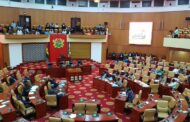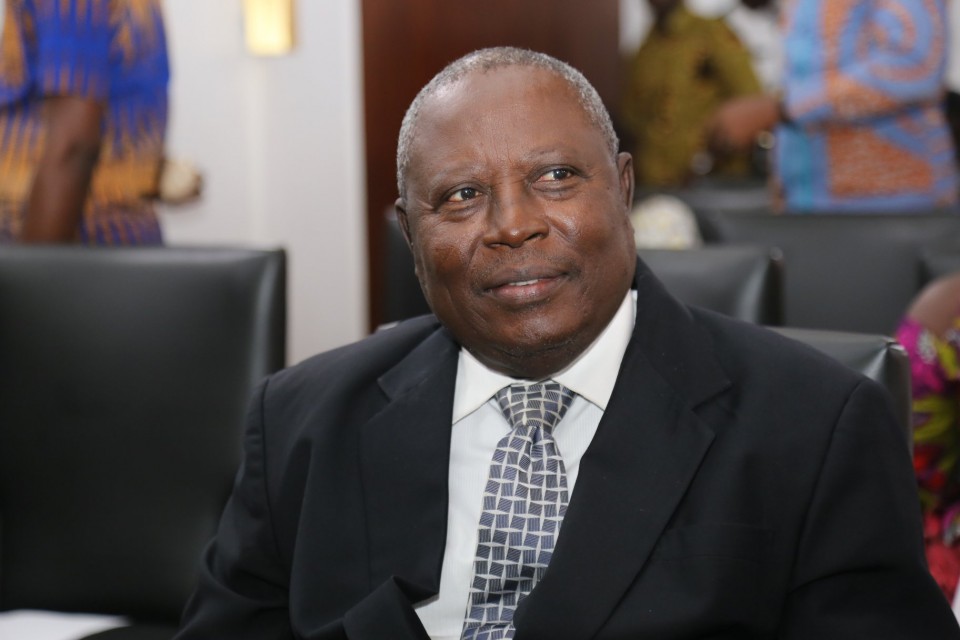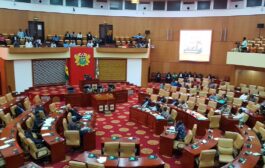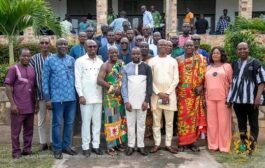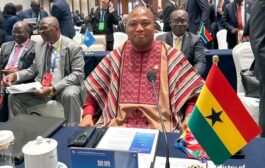A former Deputy Minister of Power, Mr. John Jinapor has said the National Democratic Congress’s administration adopted best practices from other oil-producing countries as a guide in the management of Ghana’s oil and gas resources.
These initiatives, according to the former Minister provided transparency in the sector, attracted key industry players and boosted investor confidence.
Speaking at a forum organized by the NDC on Ghana’s energy sector which examined the state of the sector with an emphasis on petroleum, Mr. John Jinapor alleged that Ghana’s energy sector is struggling due to a GH¢15 billion debt.
He said “unfortunately and sadly, our sterling performance in the oil and gas sector has been derailed by the incompetent, greedy and corrupt Akufo-Addo government and his cabal of family and friends.”
Mr. John Jinapor said the former administration pioneered the passage of the Petroleum Revenue Management Act, 2011 (Act 815) with the main objective of regulating and managing the utilization of petroleum resources in the upstream sector.
He added that they took a bold step and established the Public Interest and Accountability Committee (PIAC) as an independent statutory body mandated to promote transparency and accountability in the management of petroleum resources in Ghana.
The former minister said, to anchor the gains made and ensure Ghana becomes one of the leading oil producers in Africa; we passed the Petroleum (Exploration and Production) Act 919, 2016 to provide an enabling environment for increased private participation and investment in the sector.
“We were also determined to ensure Ghana did not lose out to the private sector. To this end, the NDC adopted a long term vision of positioning GNPC as a major operator in the oil sector.”
“To attain this objective, we created an Exploration and Production subsidiary –“Explore” – in 2012 to pursue commercial stakes in strategically selected exploration and production projects.”
Also, as a social democratic government that has always believed in indigenous Ghanaian entrepreneurs assuming the commanding heights of the economy and fully participating in the oil and gas sector, we passed the Ghana Local Content Law (Ghana) in 2013. The law prioritizes Ghanaians and their businesses in the award of contracts and employment of staff in the petroleum industry.
He said, his administration finally passed the Public Financial Management Act 921 in 2016, to among others ensure, discipline and efficient use of public funds as well as the safety, custody, and integrity of public funds in line with new global trends.
Also, to maximize the benefits from the petroleum value chain, we developed a comprehensive Gas Master Plan which led to the development of an ultramodern Gas Processing Plant at Atuabo. The plant utilizes the country’s gas resource and further ensures the security of energy supply.
President Mahama also took the bold decision to bring finality to the protracted maritime boundary dispute between Ghana and Ivory Coast. This brought certainty to the exploration and production of Ghana’s hydrocarbon resources in the disputed fields.
“Last but not least, our belief in accelerated development through value addition led us to reposition BOST and TOR. We further secured two (2) million barrels of Ghana’s crude oil from the TEN fields to be processed by TOR”.
Source: mybrytfmonline/Kofi Atakora






